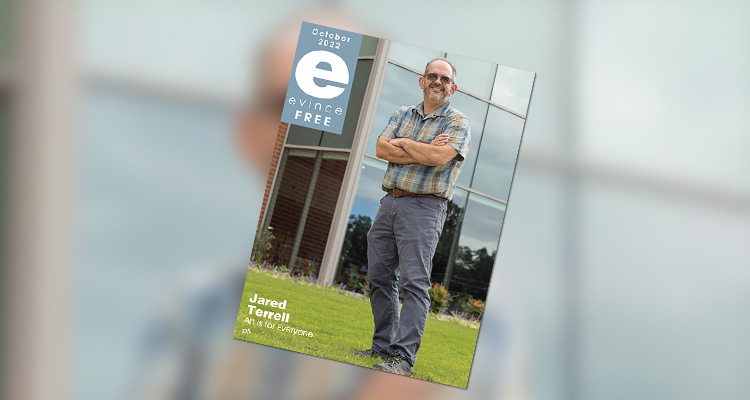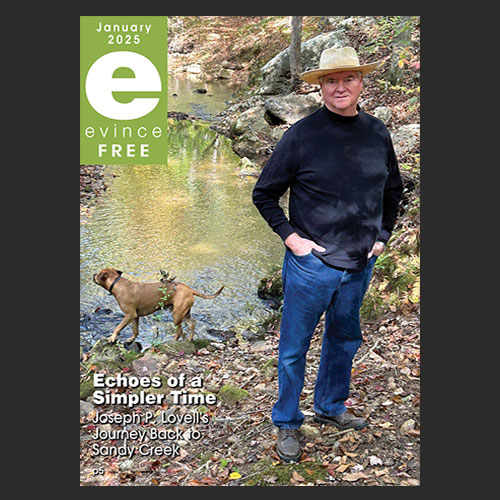Often, I’m asked to write biographies for people who have led interesting lives. Their desire to share their life stories leads them to mention an experience that was a milestone, something so unique that, in their opinion, everyone would be interested in reading about it.
I never disagree.
But, also, I never write their story for them. To explain why I don’t, I mention companies that write biographies for people at a cost of thousands of dollars. They’re easy to find on the Net.
Even then, it’s neither an easy nor an inexpensive task. If you’d like an analogy, consider the most tempting cake you’ve ever seen in a bakery. Although you’ve baked cakes for years, you have no idea how to duplicate the one you were more than willing to purchase.
What I’m about to tell you is how to write your own book, one step at a time. Please don’t think this method will be a shortcut. Instead, think of it as a map that only you can construct because only you know where it will begin, where it will end, and how to get to where it’s going.
I do have one bit of advice: don’t be afraid to begin. The phrase ‘take baby steps’ comes to mind. If you think of your book as a project that you have complete control over, you will enjoy every step of the process.
All you’ll need to begin is a composition book with dividers and BIC pens in different colors. Five or six dollars should be your total initial investment. In your composition book, make sure to list your name, address, and telephone number in case you want to travel with your ‘book’.
Also, have a secure place to store it. As simple an instruction as that may be, that place will become somewhere you will look forward to returning to. Indeed, as your mind and your heart begin to construct your book, you will discover that the storage place has become special too.
There will be times when you will race to get to it, to jot down your thoughts and ideas before you forget them.
And that’s a good sign you have internalized your story, that it is part of your conscious life’s work. In fact, once you have begun, you may want to keep a small notepad with you to jot ideas that come suddenly, often as revelations.
Then congratulate yourself as you transfer them to your composition book because ideas are fleeting and easy to lose. That’s why some people use recorders for their thoughts since they come so unexpectedly.
What’s exciting about the process is that you will get the sense that your mind is unlocking secrets, that it’s uncovering layers of your life that hadn’t been ‘visited’, layers that may have been neglected and treated as insignificant until you shifted your focus to writing a book — about you!
In time, you will sense that you are creating an almost sacred space where secrets and very private thoughts and ideas become highlights. You may regain the sense that your life has been a treasure trove of experiences that are finally getting the close examination they deserve.
To begin:
- Divide your composition book into special sections.
- As you get more involved, you may create new sections, headings for new sets of thoughts and ideas.
- Initially, you might use categories such as:
- Biography
- Timeline
- Characters, all the people you want to create or include
- Unusual and important events
- List of chapters
- Special items that may be woven in and out of your story
- Titles to consider… this will change many times as you write
- Illustrations? They may be useful.
- Ideas that have yet to find their place in your book
- Enjoy every moment of this process. Return to it whenever you want.
And treat it with respect for the treasure that it is and will be!






